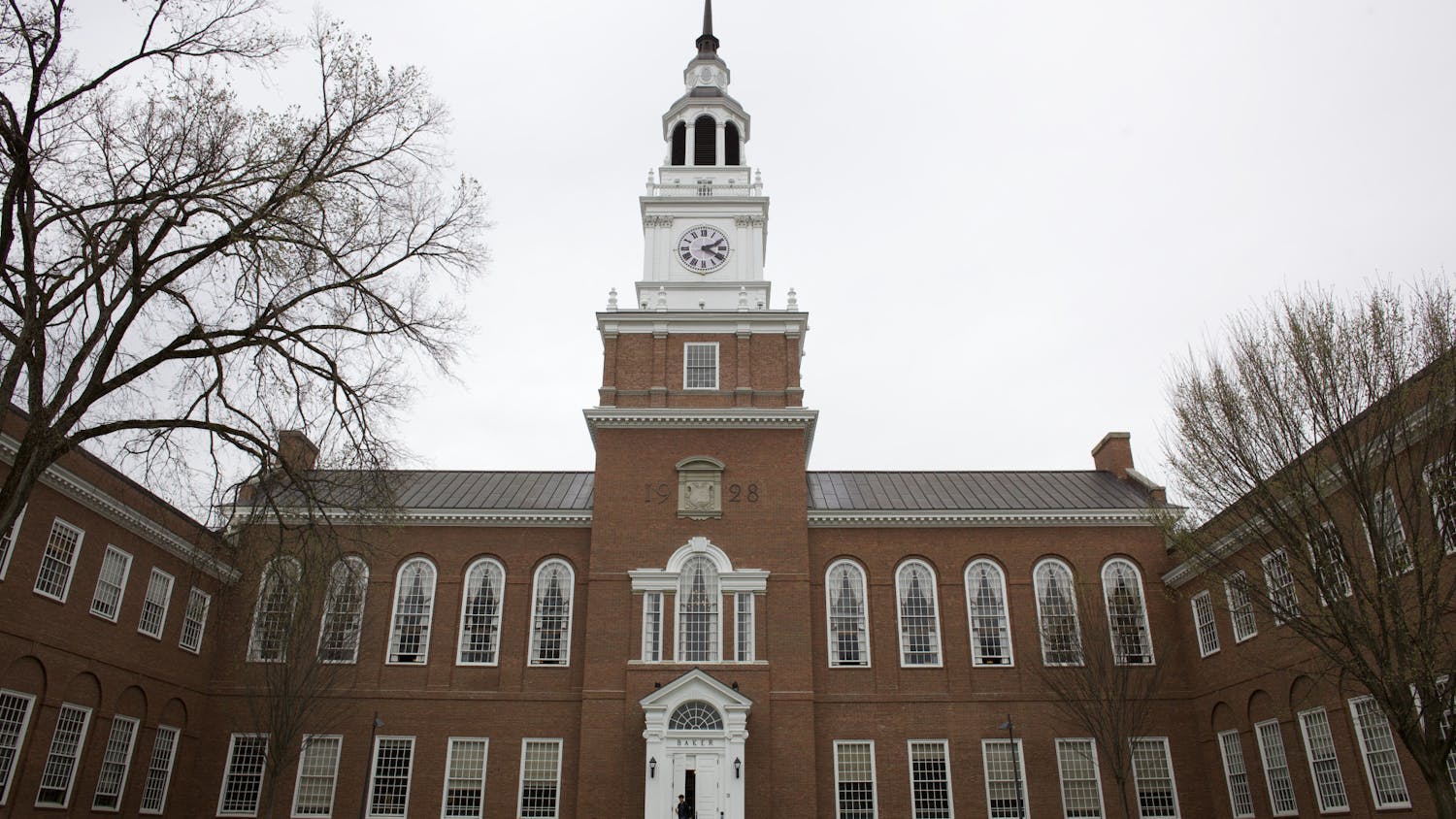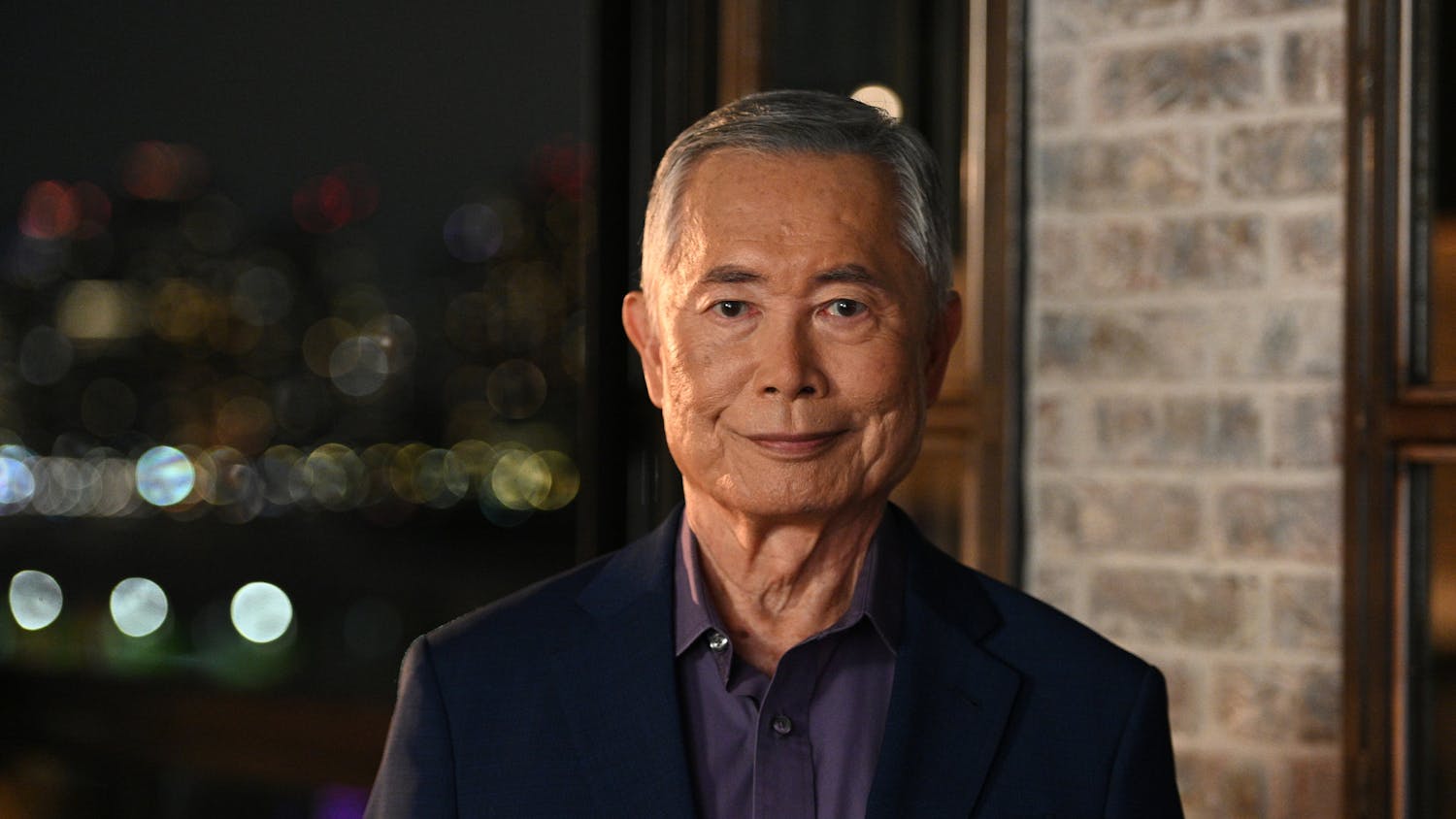Getting out of college can be almost as competitive as getting in. With applicants from 49 countries and nearly every state, the Thiel Fellowship program will provide grants of $100,000 to 22 fellows, including three Dartmouth students, to leave school for two years to pursue technological and scientific start-ups.
Riley Ennis '15, Christopher Walker '15 and Gary Le '15 will leave Dartmouth and enter the prestigious program, open only to students under 20.
The fellowship was created by Peter Thiel, a co-founder of PayPal and early investor in Facebook, with the belief that a college degree hurts entrepreneurs. Fellows are required to leave college for at least two years and many eventually decide to drop out.
Ennis said he will use the money to strengthen his medical company, Immudicon, which is developing a vaccine that targets cancer. He founded the company as a high school student after conducting research at Georgetown University.
"The vaccine targets the immune pathways in cancer," Ennis said. "It allows the body to destroy the cancer on its own."
Ennis will use the grant to collaborate with hospitals, continue clinical development and pursue other projects.
Walker plans to use the fellowship to create video games to teach coding and mathematics. Working with independent video game company Puddleworks, Walker hopes to develop beneficial games that are also financially lucrative.
"I'm attempting to turn exercises of cognitive skills into a game," he said. "I want a game that's designed to be something we can sell as an independent game, as well as a tool for improving spatial cognition."
Le will work on developing identity verification systems for e-commerce companies to create a "safer, cleaner and more trustable Internet," according to the Thiel Fellowship website. He founded PowerTestPrep, a company that helps American and Chinese students prepare for standardized testing.
Le did not respond to requests for comment by press time.
Much of the fellowship will not go directly to entrepreneurial pursuits, Walker said. The $100,000 award is subject to taxes, and fellows will also use a significant portion on living expenses.
The Thiel Fellowship has received criticism from various news outlets, including Forbes and the San Francisco Chronicle. Critics, including those at Forbes and the San Francisco Chronicle, questioned the program, saying that a college degree is essential for success in the business world.
Walker, however, said the fellowship will allow him to make invaluable connections. He had already decided that he would not graduate from the College before receiving his acceptance.
"The world within I work, the development and art world, it doesn't matter a whole lot what your qualifications are on paper," Walker said. "It matters what you can do with them."
Ennis said he is confident that he will not lose what he has learned in college.
"I'm not going to stop reading or learning," Ennis said. "I'll always have a few textbooks on hand to flip through. It will affect my education, but I will keep reading and that's all that matters."
Ennis said the decision to leave Dartmouth was difficult but is excited to explore what he is passionate about.
"I could never imagine myself taking so much time off from Dartmouth," he said. "People here mean more than the world to me. However, Dartmouth is always going to be there, and it's time to me to explore the world."
Ennis added that he is unsure whether he will return once he finishes his fellowship.
While he will miss his friends, Walker said the opportunities that the Thiel Fellowship offers outweigh its costs.
"I'm moving into a community of people who I know very well," he said. "They already feel like a family to me."
Matt Ross '15, who co-founded Mitosis with Ennis last year, believes the fellowship is a good opportunity for college students who are passionate about start-ups.
"School can be constraining," he said. "This gives students an opportunity during a critical point during the start-up process."



